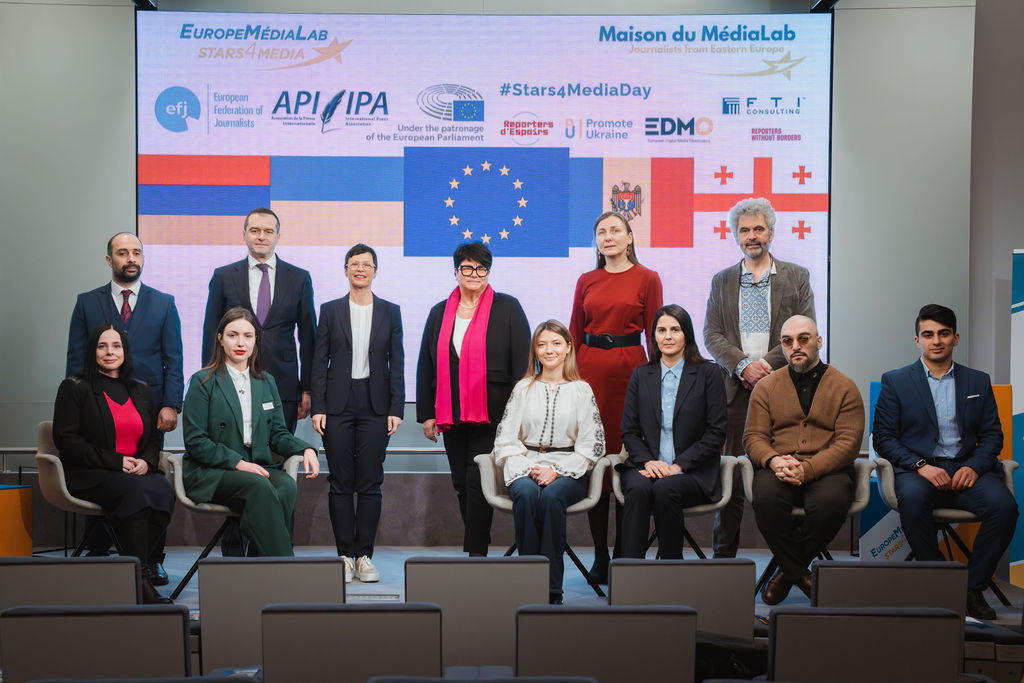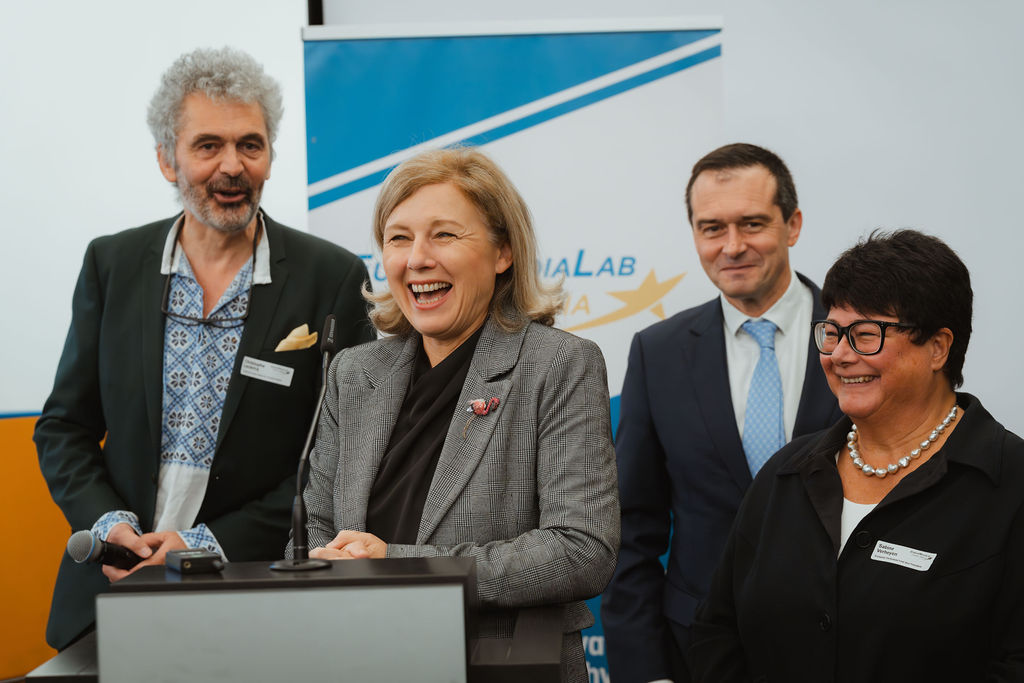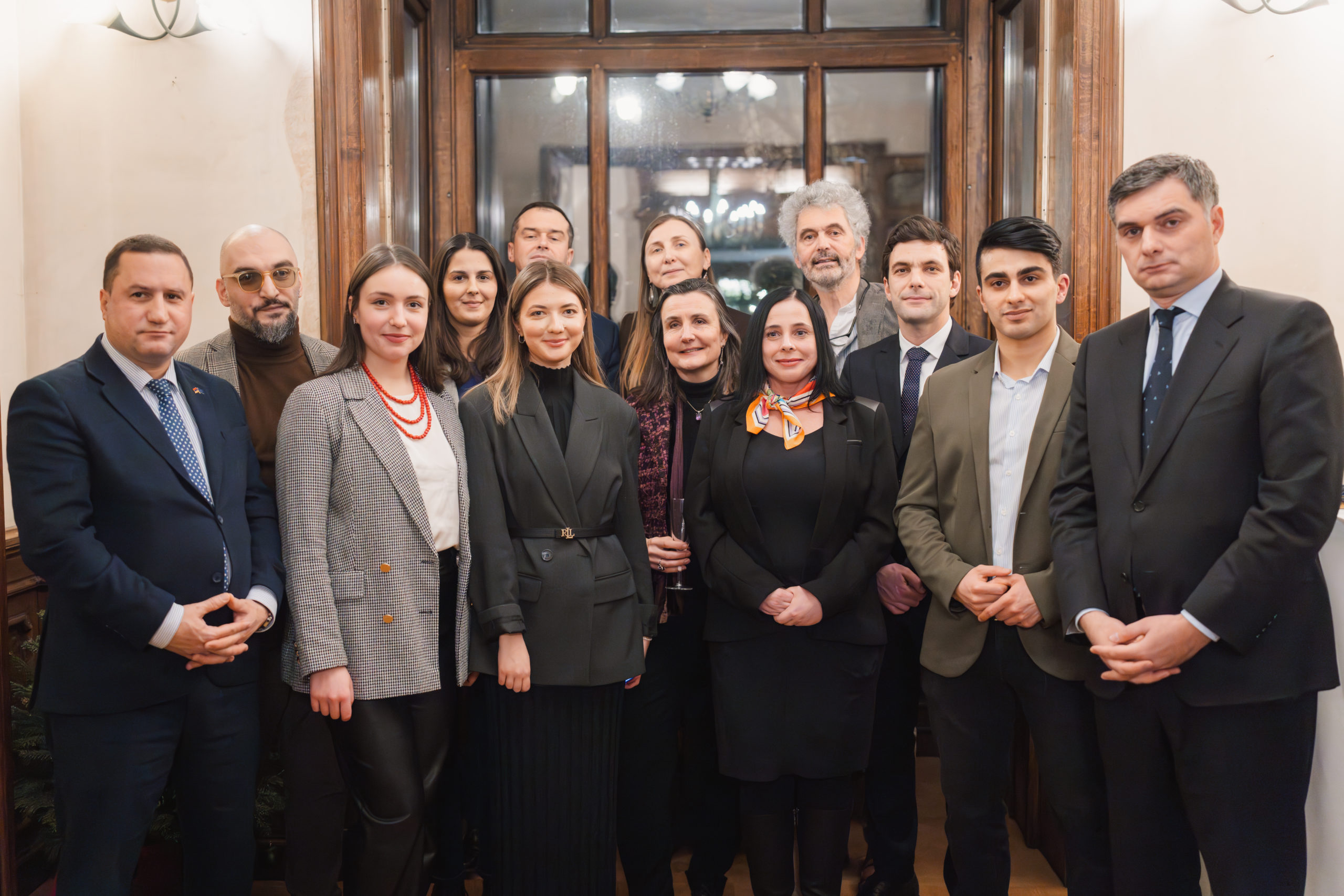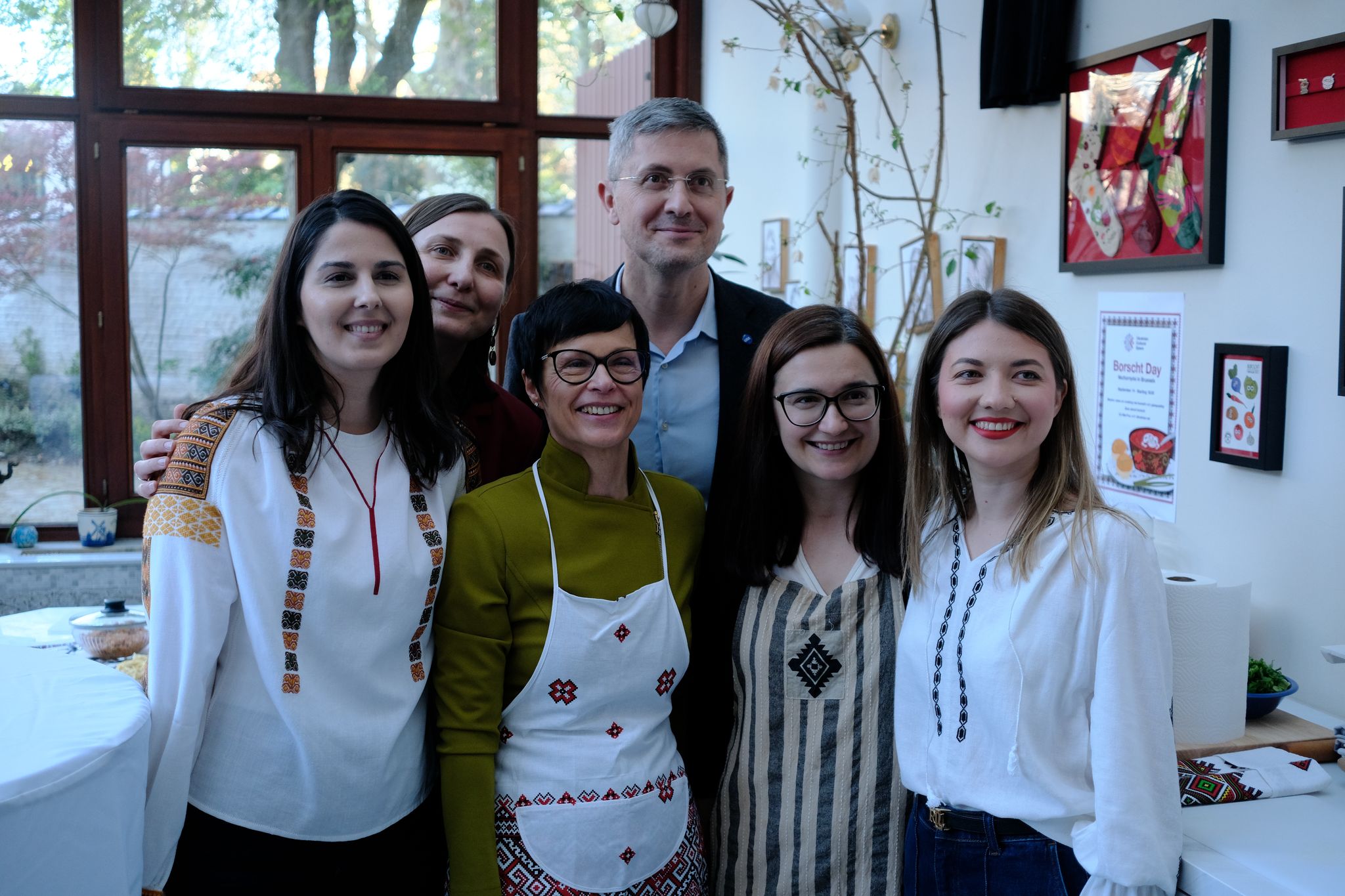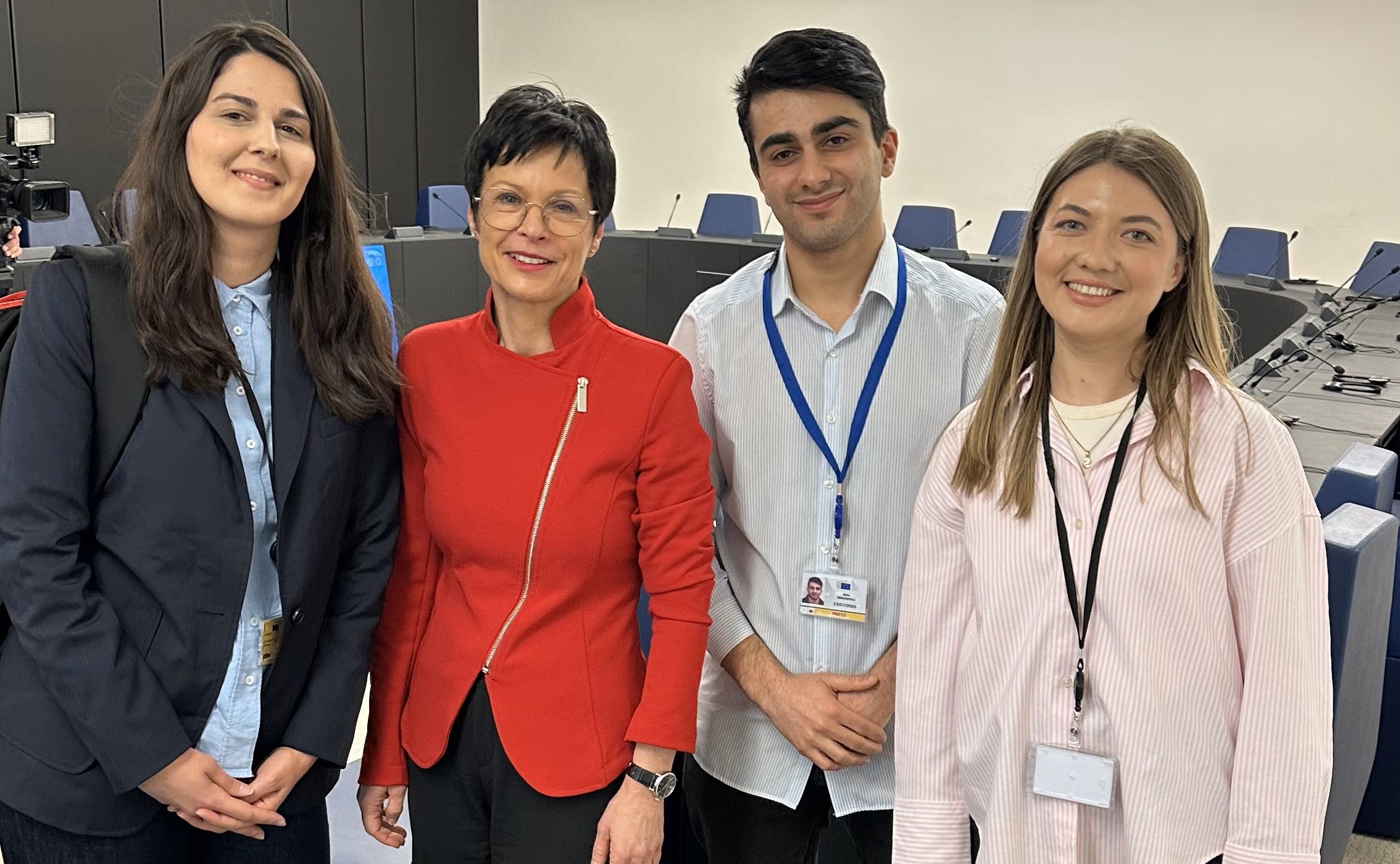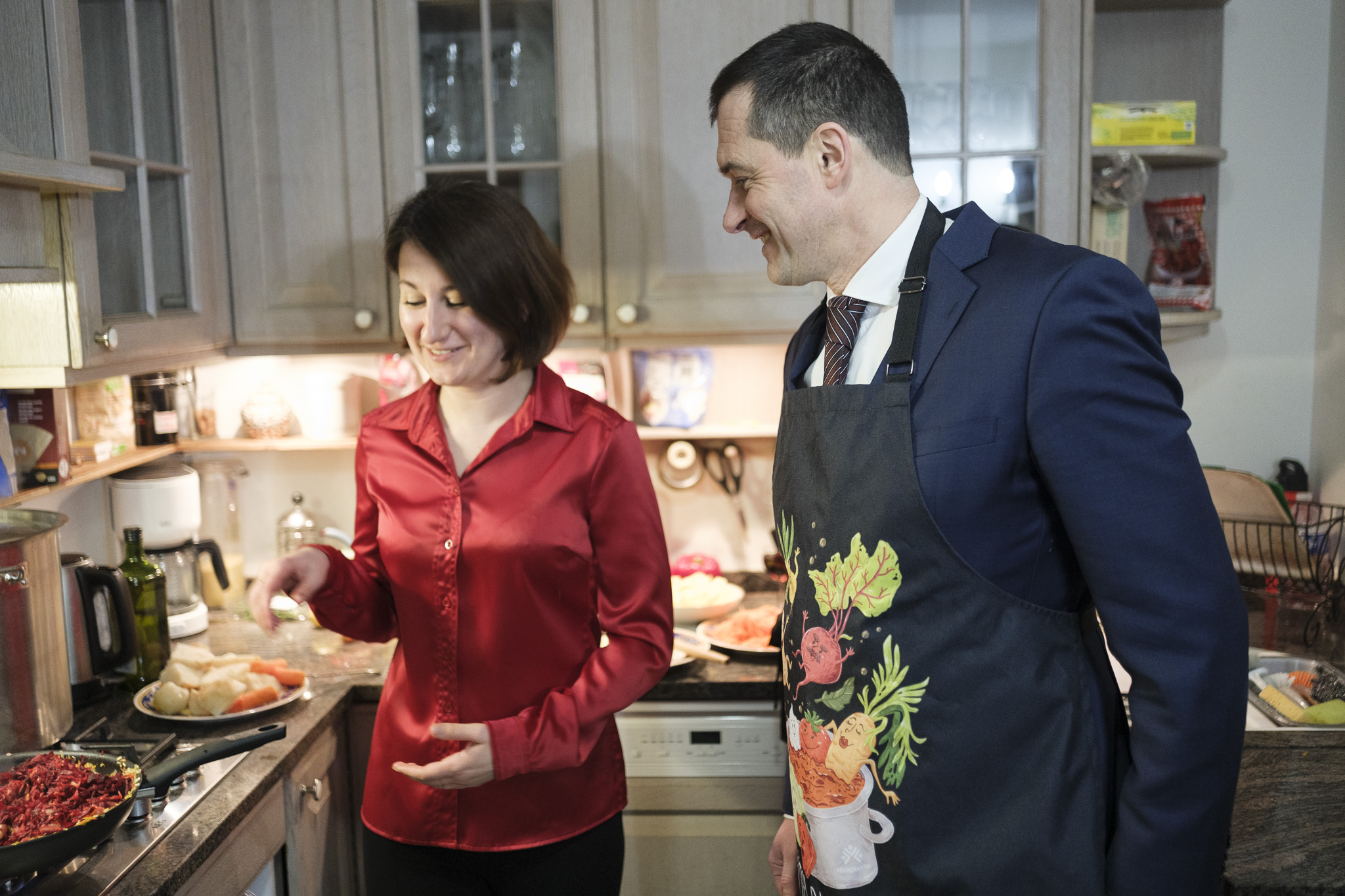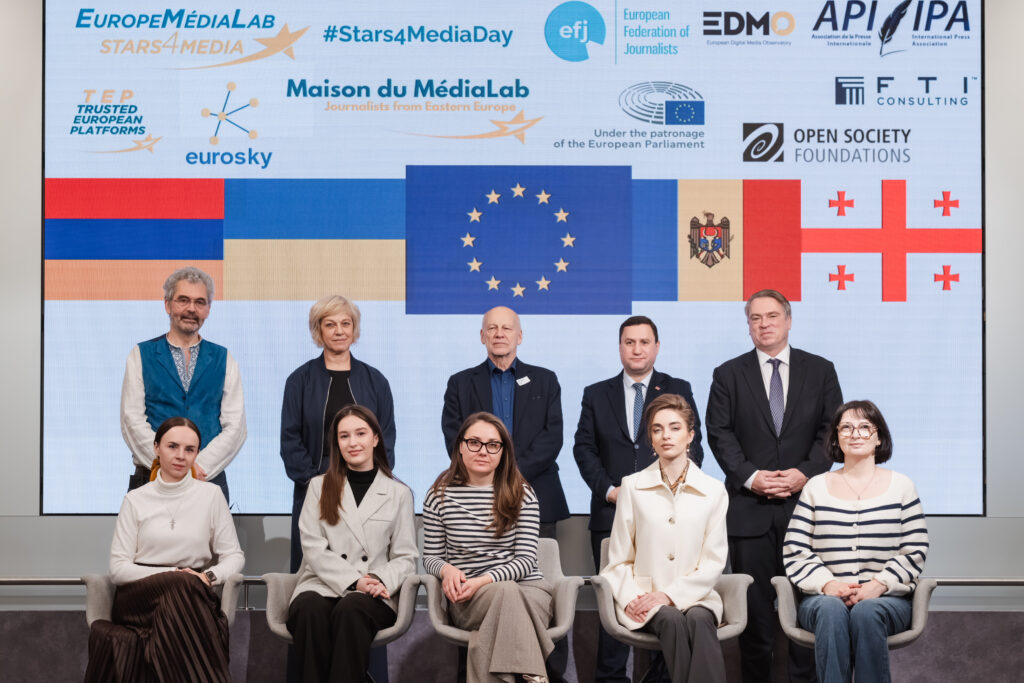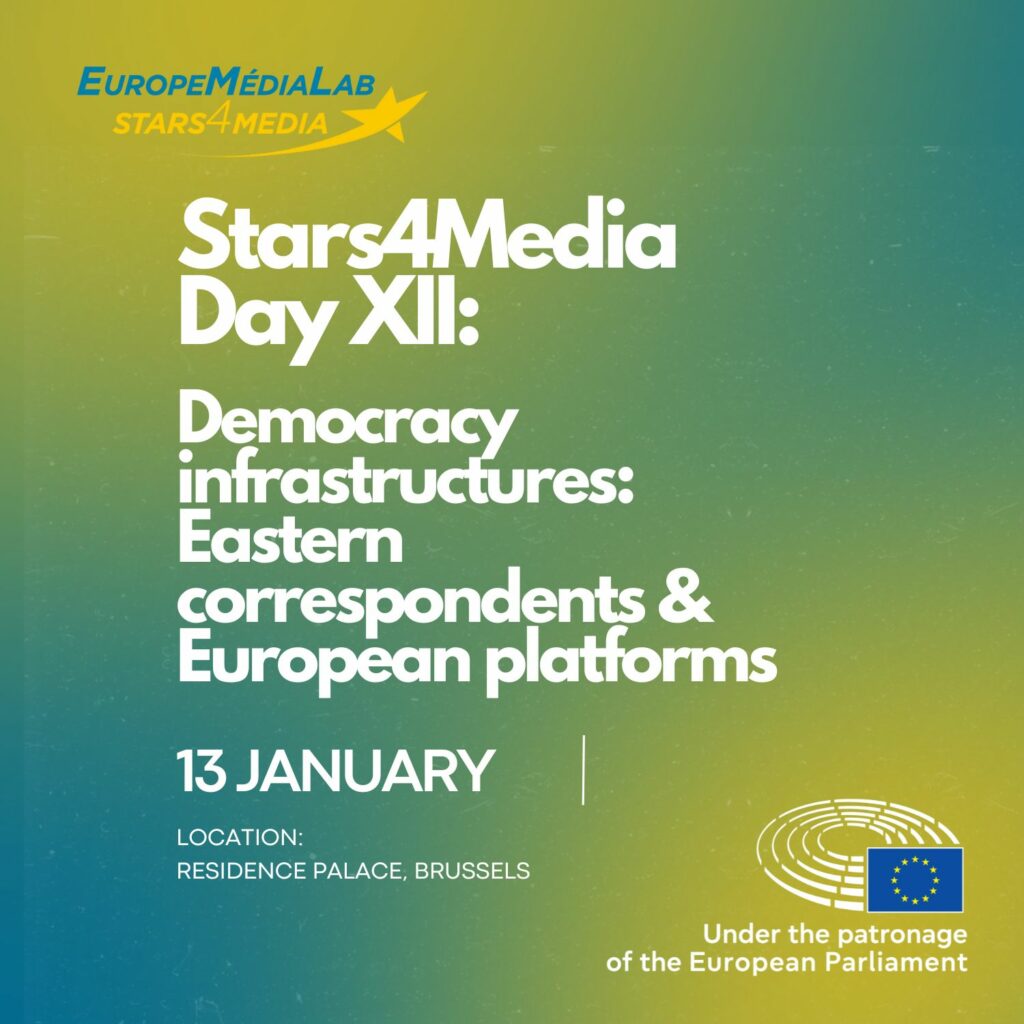Endorsements
Policy context
European media continue to face an evolving and multifaceted crisis — one of identity, financial sustainability, and above all, trust. The dominance of platform gatekeepers has disrupted traditional roles and revenue models, pushing many outlets into survival mode, just as societies need independent journalism the most.
ml
This is not just a sectoral issue — it is a democratic one. In a context marked by growing populism and disinformation, trustworthy news is critical to uphold open societies. Yet, as platform algorithms favour sensationalism and political agendas creep into content moderation, media independence is increasingly fragile.
m
The COVID-19 pandemic accelerated these trends, wiping out revenues and deepening the systemic vulnerabilities already facing newsrooms across Europe. Efforts have been made to address this — including previous EU projects — but many have fallen short in terms of scale, innovation, or long-term sustainability.
ml
Among these efforts was the Stars4Media initiative, a pilot project that stimulated cross-border collaboration and innovation within the European news sector. While the project made significant strides — especially in supporting young media professionals through mentoring and digital exchange — Stars4Media is now concluded. Its achievements, however, offer valuable insights for future action and have laid the groundwork for more permanent solutions.
As the media crisis deepens, external shocks continue to reshape the landscape. Most recently, the U.S. Agency for Global Media ended funding for RFE/RL, threatening vital access to fact-based reporting in countries with restricted press freedom. This decision sends a worrying signal, particularly for Eastern European media, many of which are already struggling under political and economic pressure.
In this context, Christophe Leclercq, initiator of Maison du MédiaLab, has renewed calls for a European media support strategy. He argues that just as Europe prepares to invest billions in defence, it should not neglect its information defences. “It’s time for Europe to spend a few millions on the media,” he said — a sentiment echoed by journalists, MEPs, and media leaders alike.
—
Europe must urgently move from pilot projects to permanent structures — bundling support through initiatives like a dedicated NEWS sub-programme under Creative Europe, and tapping into other instruments like Horizon Europe and the European Democracy Action Plan.
—
A resilient response should include:
- Investment in European media platforms to counterbalance foreign tech giants.
- Development of trust indicators and shared standards to improve algorithmic visibility.
- Strengthening media literacy and citizen engagement, empowering audiences to support quality journalism.
- Supporting a pan-European alliance of public interest media, with a particular focus on Eastern Europe.
—
The time has come for the EU to treat media not just as a cultural product or economic sector, but as a cornerstone of democracy. A permanent, well-resourced approach is no longer optional — it is essential.
Read more
-this section will be deleted after approval-
Read more:
- Op-Ed: After EU laws, #BoycottTesla, #StopPlatformAds: build our Democracy Infrastructure
- Given geopolitics, Euractiv goes sovereign, across-Europe and free (FICTION, PUBLISHED APRIL 1st)
- Open Letter co-signed: (Off & for the press) We need a ‘Democracy Commissioner’: defining for EU coalition-building
- Brussels Times article: ‘More diverse press corps’: Brussels couple give up home for Eastern European journalists’

